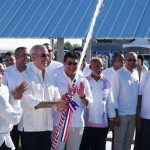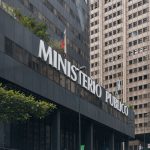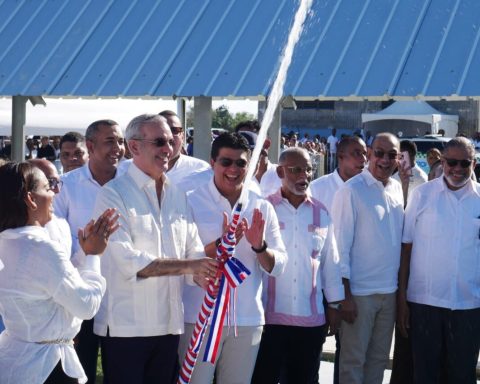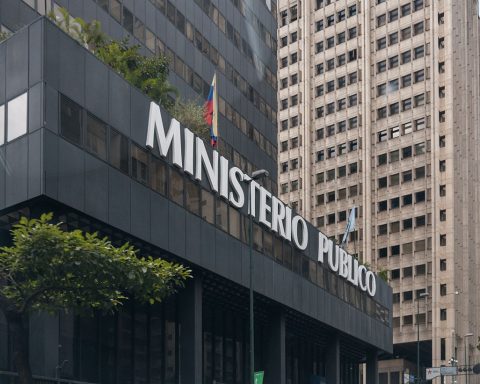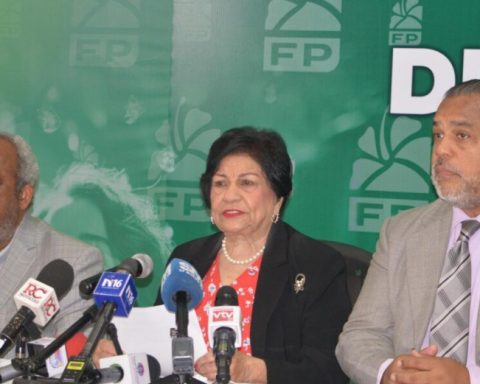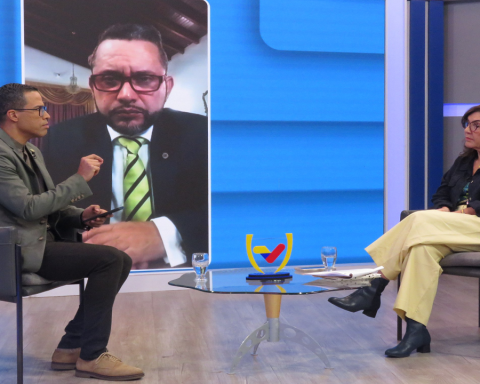August 5, 2024, 4:30 AM
August 5, 2024, 4:30 AM
Part 1: The Venezuelan thing
In a predictable speech, the ambassador of the Plurinational State of Bolivia at the Extraordinary Session of the OAS convened on July 31, stated the reasons for his government’s rejection of the resolution that was intended to be approved in relation to the elections held in Venezuela.
Beyond the logical arguments regarding the fact that Venezuela has not been part of the OAS for several years, several aspects that cannot be ignored from an international perspective are noteworthy.
The first issue is related to the situation in Venezuela itself, which in our opinion is explained by the diplomatic authority as if it were or occurred in the celestial space and not on the earth. But truth be told, the Bolivian ambassador’s speech leaves a huge gap unaddressed regarding the almost 8 million Venezuelans who circulate in the region and for whom the member countries of the OAS must take charge, because Venezuela does not do so.
Later, Ambassador Arce Zaconeta replied to the members of the Extraordinary Session that the call to vote against Venezuela was out of context, without considering that six Argentine asylum seekers have been waiting for months for safe conduct from the government of Caracas. This was strongly alluded to by the Argentine Minister of Foreign Affairs, Mrs. Diana Mondino. Thus, the Bolivian position came to the session with a cabinet speech and did not respond to the Argentine Foreign Minister, who, in the most correct way she could, insisted on the limbo and danger in which non-compliance with international legislation on asylum remains. In this sense, this year has already seen twice that this legislation simply does not apply. First in Ecuador and now in Venezuela. But returning to the Venezuelan case, the defenselessness in which the six asylum seekers remain in the Argentine Embassy in Caracas seems to be an invisible fact to the foreign policy of the Plurinational State.
What is most reprehensible about his intervention is that he does not call for or show solidarity with the absolute need for transparency that the elections demand in accordance with the Pact of Bogotá, the United Nations Charter, the Democratic Charter, which were also promoted by Bolivia.
It is a fact that the Bolivian government’s support for the at least dubious Venezuelan electoral process is anchored in a legalistic conviction that is not consistent with a look at the continental situation of migratory pressure on nations because of a particular State and the unrestricted respect for the human rights of the people of that country. It is also a fact that the ambassador’s speech describes in full detail the political alliance with the Nicolás Maduro regime around the most regrettable electoral episode that we can remember and that for the second time affects a country that prides itself on living the socialism of the 21st century.
Part 2. About Chile
In Chile there is a popular saying that “there is no first without a second.” Well, in parallel to the meeting in Washington, the Bolivian president, Luis Arce Catacora, called his counterpart Gabriel Boric to ask for support to speed up the unloading of fuel in Arica.
The issue would have no relation to the episode described if the Bolivian President did not speak of his brother, the President of Chile, or did not invoke a request for collaboration in a matter of care and risk for the maneuverability of ships on the coasts with the Sica Sica oil pipeline. The statement through the new information channel on Bolivian foreign policy, “X” ends by saying from the presidential account: “We appreciate and value your good disposition, since you did not hesitate to provide us with all the necessary collaboration.” There is no doubt, again, that the good will of the Chilean President could well be absent with the brother President of Bolivia. But no. President Boric immediately agrees and an extraordinary permit is determined for the Harbor Master’s Office for the maneuver in the Sica Sica terminal and to allow the population of Bolivia to have fuel, since it cannot be brought in by the waterway either, due to low water levels.
The Bolivian government would do well to examine its priorities and alliances in international matters, due to political and logistical issues. It would also do well to review the concept of balance with the region and its neighboring countries. The same interpretation that Arce requests for Venezuela, if Chile had applied it in relation to fuel ships, would surely delay the unloading of hydrocarbons in Arica. Therefore, the message is loud and clear: Chile seeks peace and prosperity for all countries in the region and will make the necessary efforts for all of them. This applies to the speech of Foreign Minister Van Klaveren in the Extraordinary Session, as well as to the President Boric’s disposition; efforts that are surely being undertaken today by the Chilean Navy to help with the mooring of the ship ZEYNEP so as not to cause an accident. Bolivia would do well to think about both issues and stop pontificating in Washington and whining in La Paz. It is a lot for one day.







